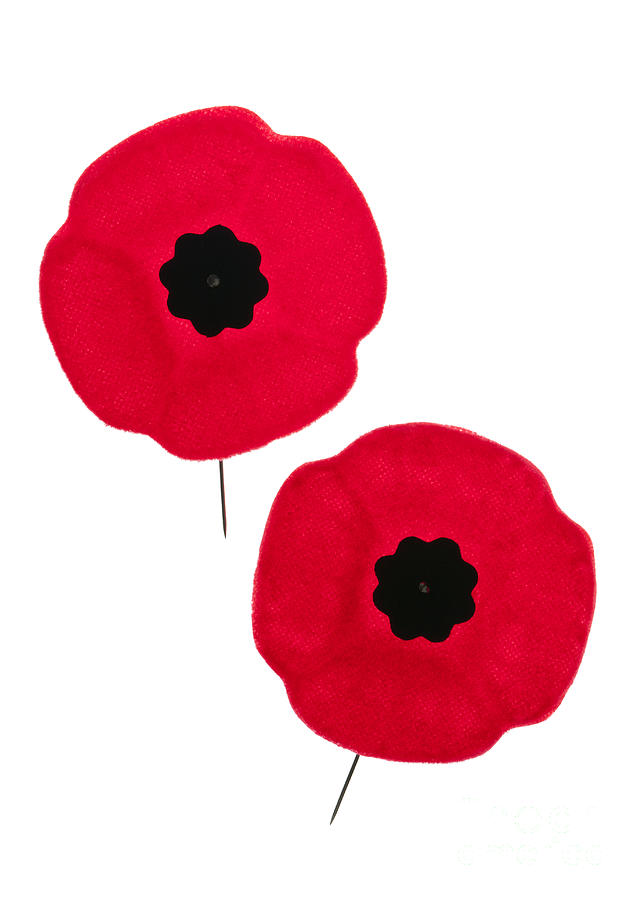
When handed the notepad, Allinson read the poem and was so moved he immediately committed it to memory. While delivering the brigade's mail, he watched McCrae as he worked on the poem, noting that McCrae's eyes periodically returned to Helmer's grave as he wrote. Note that the first line ends with "grow".Ĭyril Allinson was a sergeant major in McCrae's unit. It was the second last poem he was to write. Unable to help his friend or any of the others who had died, John McCrae gave them a voice through his poem. Wild poppies were already beginning to bloom between the crosses marking the many graves. The day before he wrote his famous poem, one of McCrae's closest friends was killed in the fighting and buried in a makeshift grave with a simple wooden cross. Īn article by Veteran's Administration Canada provides this account of the writing of In Flanders Fields: As with many of the most popular works of the First World War, it was written early in the conflict, before the romanticism of war turned to bitterness and disillusion for soldiers and civilians alike. It speaks of their sacrifice and serves as their command to the living to press on.

It is written from the point of view of the dead. And behind it all was the constant background of the sights of the dead, the wounded, the maimed, and a terrible anxiety lest the line should give way.Īs with his earlier poems, "In Flanders Fields" continues McCrae's preoccupation with death and how it stands as the transition between the struggle of life and the peace that follows. In all that time while I was awake, gunfire and rifle fire never ceased for sixty seconds . In a letter written to his mother, McCrae described the battle as a "nightmare",įor seventeen days and seventeen nights none of us have had our clothes off, nor our boots even, except occasionally. They attacked French positions north of the Canadians with chlorine gas on Apbut were unable to break through the Canadian line, which held for over two weeks. McCrae fought in the Second Battle of Ypres in the Flanders region of Belgium, where the German army launched one of the first chemical attacks in the history of war. He considered himself a soldier first his father was a military leader in Guelph and McCrae grew up believing in the duty of fighting for his country and empire. It was his second tour of duty in the Canadian military he had previously fought with a volunteer force in the Second Boer War. He had the option of joining the medical corps because of his training and age but he volunteered instead to join a fighting unit as a gunner and medical officer. Īt the age of 41, McCrae enrolled with the Canadian Expeditionary Force following the outbreak of the First World War. McCrae's poetry often focused on death and the peace that followed. His earliest works were published in the mid-1890s in Canadian magazines and newspapers.

He developed an interest in poetry at a young age and wrote throughout his life. John McCrae was a poet and physician from Guelph, Ontario. Lieutenant Colonel John McCrae was a soldier, physician and poet. The poem is also widely known in the United States, where it is associated with Veterans Day and Memorial Day.

The poem and poppy are prominent Remembrance Day symbols throughout the Commonwealth of Nations, particularly in Canada, where "In Flanders Fields" is one of the nation's best-known literary works. Its references to the red poppies that grew over the graves of fallen soldiers resulted in the remembrance poppy becoming one of the world's most recognized memorial symbols for soldiers who have died in conflict. As a result of its immediate popularity, parts of the poem were used in efforts and appeals to recruit soldiers and raise money selling war bonds. It is one of the most quoted poems from the war. Flanders Fields is a common English name of the World War I battlefields in Belgium and France. "In Flanders Fields" was first published on December 8 of that year in the London magazine Punch. According to legend, fellow soldiers retrieved the poem after McCrae, initially dissatisfied with his work, discarded it. He was inspired to write it on May 3, 1915, after presiding over the funeral of friend and fellow soldier Lieutenant Alexis Helmer, who died in the Second Battle of Ypres.

" In Flanders Fields" is a war poem in the form of a rondeau, written during the First World War by Canadian physician Lieutenant-Colonel John McCrae. Inscription of the complete poem in a bronze book at the John McCrae memorial at his birthplace in Guelph, Ontario


 0 kommentar(er)
0 kommentar(er)
